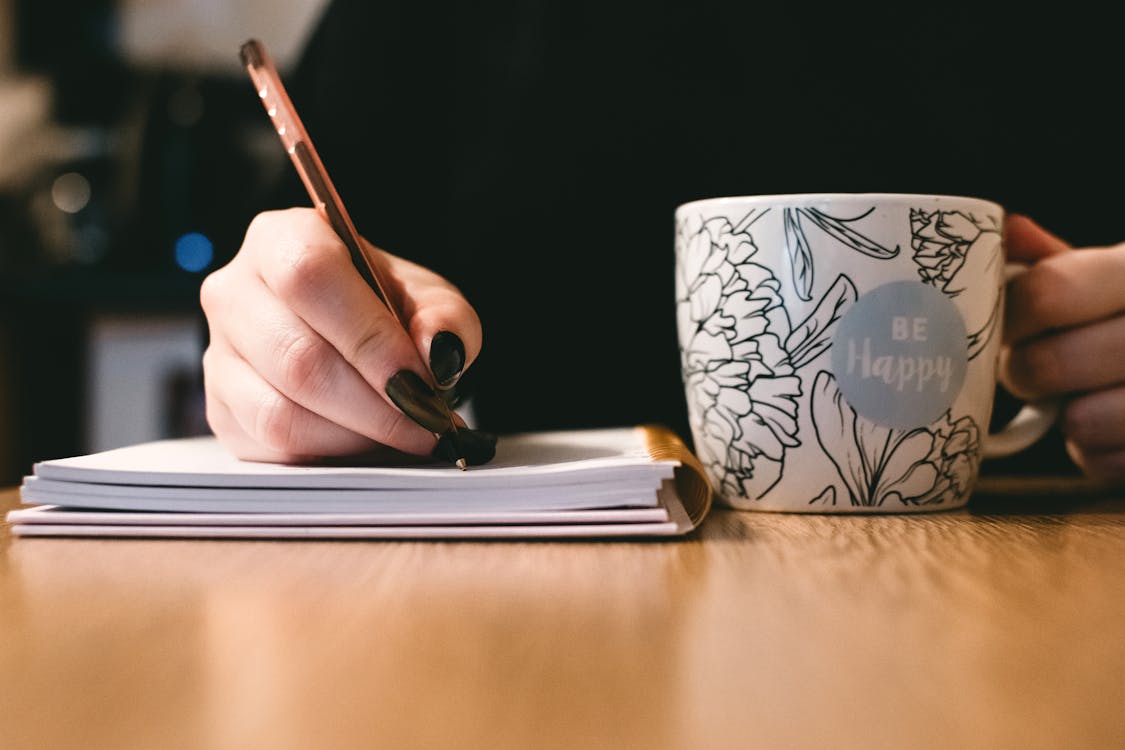When students are assigned with a task that calls for online exploration, professors often ask what websites they avoid to use. The immediate answer is business “Wikipedia”.
Professor asks them why you don’t use Wikipedia sources in our assignment, even they already know about the answer. “Because its information is not relevant and anyone writes anything ”, someone answered quickly. They astonish to hear about the professor’s response “we can use Wikipedia”. Later the professor makes them clear that we have to use the website correctly.
With more than 40 million articles accessed every month, Wikipedia is the fifth most visited website over the globe. The online encyclopedia turning at its high rank by the college and university academics. Even the physician can find the information.
Navigating a Wikipedia article will successfully offer an incentive for learners to learn about sourcing, peer reviews, internet analysis, and footnotes. It teaches critical think ability as well.
From Where We Should Start?
Students must consider the peer examination procedure and the way academics publish knowledge in books scholarly articles before using Wikipedia.
Students should understand that Wikipedia is a starting point. Although they can never cite or focus on the website, they can be guided to a more credible source by the information found there. Teachers may view Wikipedia as an immense catalog of interactive cards pointing in a multitude of directions for the students. The online encyclopedia offers useful information on how to navigate the site.
Better To Work Smarter Thank Harder:
Students must establish a big picture viewpoint on a subject in the starting stage of the study. Many Wikipedia Page Writing Services contain a portfolio of other references sections, bibliography and a host of external links. These citations or the reference link may be more significant than the original document, but their meaning may not be understood by most of the students.
Once students have a collection of apparently appropriate study, from the library and academic information they must find the content. Then they ought to know how to search them for authenticity.
Keep An Eye On The Footnotes:
Wikipedia footnotes may provide more detailed knowledge for the students. Students must read their selected articles and take notes carefully. Redirect the student with the hyperlinked footnotes at the ending of every paragraph. This may be an important time to discuss how to use footnotes, a form of citation that guides readers to the root of an argument and fact.
Clarify the student that their task is to effectively reverse- engineer the page of Wikipedia. Deicide where the data originated by reading the footnotes, searching down the sources, and then analyzing the source material.
Inform students to click on the footnote with any important or valuable facts when reading the article to verify the source of information dot the post. In certain cases, a link to a website or online book that they can follow may be included in the citation. In such an instance, a hard copy book or essay or a blog that the student can purchase may be given in the citation. Prompt students to document the citations relevant to the information they would like to discuss.
A bibliography of both primary and secondary references can be provided through the footnotes they collect. Now, before diving further try to find the precise facts that are found interesting, convincing, student must decide the information is reliable. Empower the students to try to find the author and ask them questions like:
- Does he or she is an expert or someone else who found authority in that field?
- What are her or his certificate or credentials and another article from her/ him?
- Is the author is a professor at a university or a prominent research facility?
Then, analyze the reputability of the publisher and whether it is possible that some sort of editorial, peer review, or journalist. The Crap test which stands for currency reliability, authority, and point pod view/ purpose, will be added.
Educators should use Wikipedia to help students become more critical consumers of information, especially those less skilled in conducting research. The skills expected for a Wikipedia page to distinguish reality from fiction are the same skills needed to handle all media for students: persistence, objective thinking, and an ability to use a range of tools to verify and double-check the statements.

